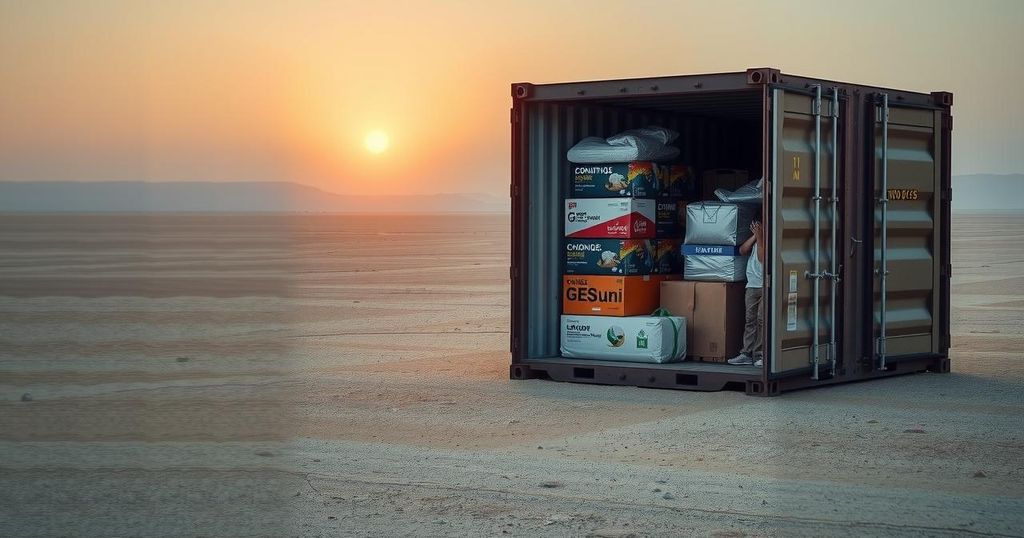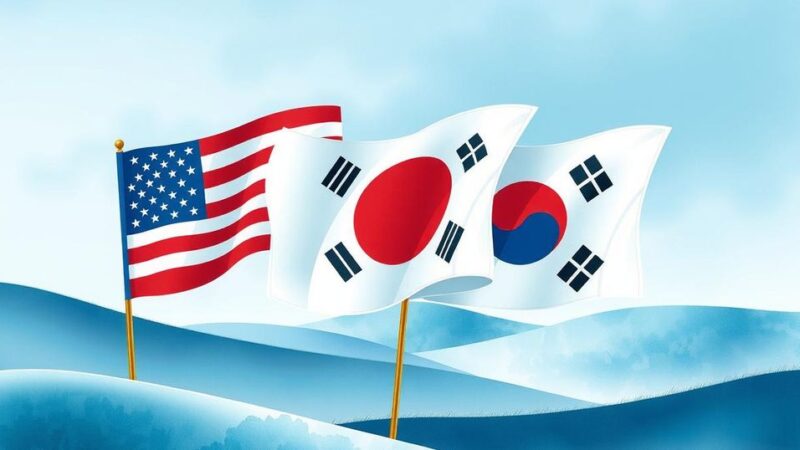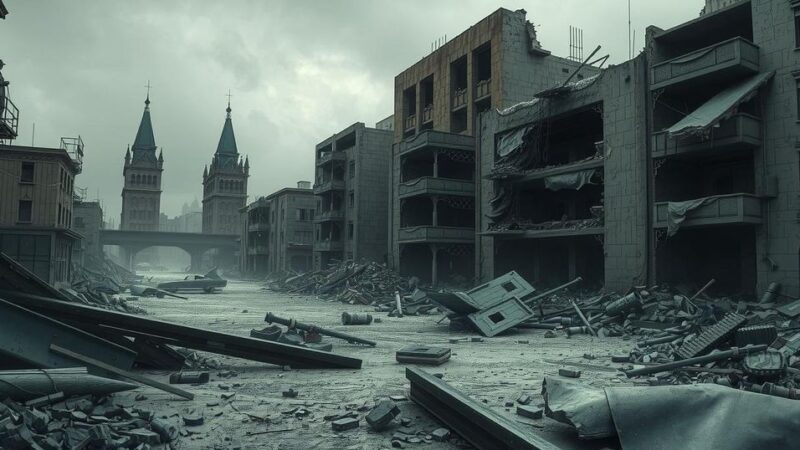Israel has suspended all aid to Gaza to pressure Hamas for a new ceasefire, following the failure to negotiate further terms after the initial phase ended. As humanitarian conditions worsen, with soaring prices and aid disruptions, Egypt condemns Israel’s actions, viewing them as a breach of truce. The escalating tensions highlight the need for renewed dialogue to prevent further humanitarian crises.
On March 2, 2025, Israel halted the entry of all goods and supplies into the Gaza Strip, intending to pressure Hamas into accepting a new ceasefire proposal. This cessation of aid follows the expiration of the initial phase of the ceasefire, which began in January and allowed for a significant increase in humanitarian assistance. Hamas condemned Israel’s actions, deeming them as a violation of the ceasefire and an act of “cheap extortion” that undermines the peace process.
The ceasefire, negotiated after extensive discussions, was intended to foster further negotiations over the release of hostages and a more sustainable agreement. Israeli Prime Minister Benjamin Netanyahu indicated that hostages needed to be released for negotiations to continue, asserting that Israel has the right to resume military actions if talks stall. In response, Hamas emphasized that any changes to the ceasefire could have dire humanitarian consequences.
Egypt, a critical mediator, criticized Israel’s decision to close the crossings, claiming that it uses starvation as a tactic in warfare and urging an immediate return to negotiations on the second phase of the ceasefire agreement. The humanitarian situation has deteriorated significantly, with prices in Gaza reportedly doubling and fears of famine growing among residents as aid trucks are blocked.
Israel maintains that the new ceasefire proposal seeks to extend peace through Ramadan and Passover by securing the release of hostages. However, Hamas insists that it will only release captives in exchange for more detainees and a durable ceasefire, warning against any efforts to amend the existing terms. Mediators from Egypt and other parties continue to seek to resolve the escalating tensions.
Since the ceasefire began, Israeli airstrikes have resulted in numerous fatalities in Gaza, while allegations of using starvation as a method of warfare against the civilian population have emerged. Despite denials from Israel, experts, including Kenneth Roth from Human Rights Watch, stress that Israel holds an obligation as an occupying power to facilitate humanitarian aid under international law. The international community watches with concern as the conflict continues, with significant implications for the future of both parties and the region.
In summary, Israel’s recent cessation of aid to Gaza aims to compel Hamas to reconsider a new ceasefire agreement following the expiration of the first phase. The deteriorating humanitarian conditions in Gaza have raised alarms, exacerbating an already critical situation for its inhabitants. Both sides remain entrenched in their positions, with Egypt advocating for a restoration of the ceasefire while warnings of dire humanitarian consequences surface. The ongoing conflict underscores the necessity for a sustained and meaningful dialogue to address the needs of both populations and foster peace.
Original Source: apnews.com






